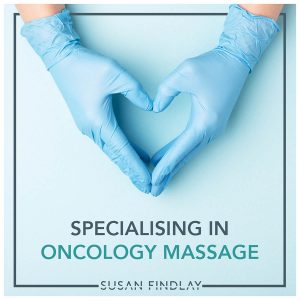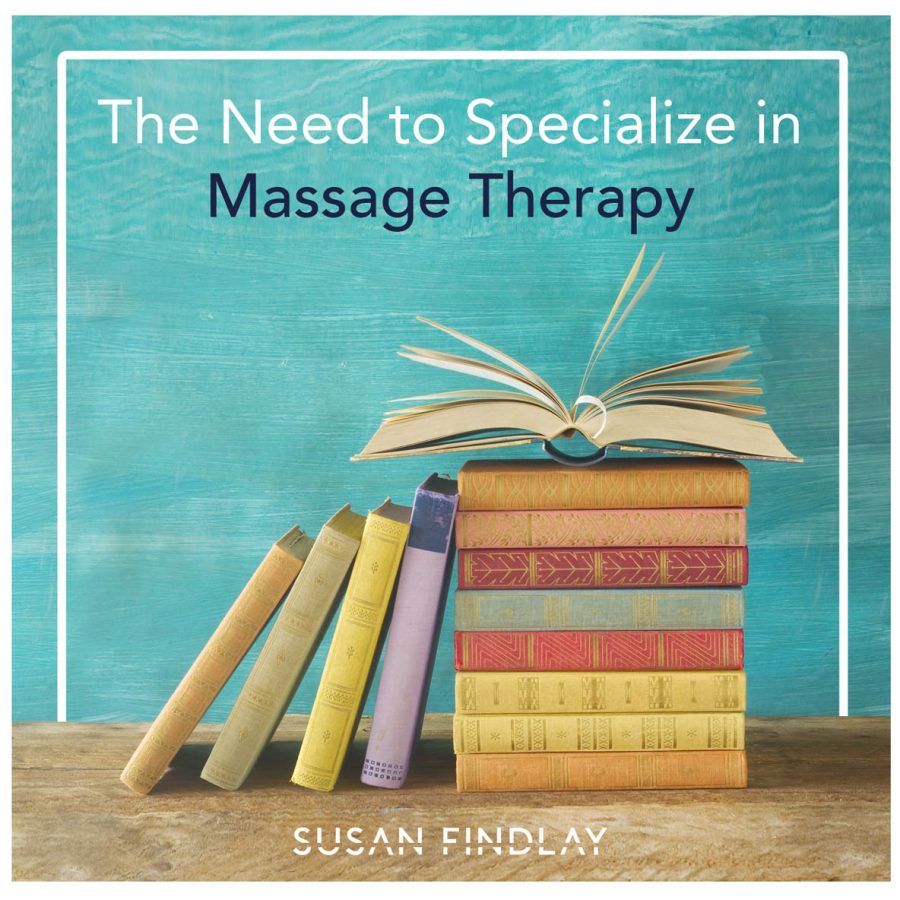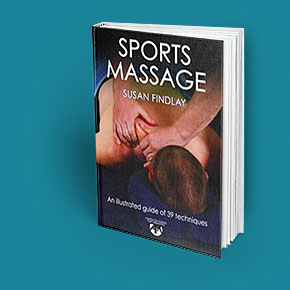Specializing is not a bad word! I understand as a therapist there is so much more that we offer and the idea of specializing might somehow appear to limit what we can deliver. I also know that some of the best sessions are usually the ones that use a variety of techniques and can respond to the needs of the client. This is essential for the success of your sessions and will certainly attract return clients but it might not be the best way to market yourself at the onset. Hear me out. The intention of this article is to explain what is meant by specializing and how you can use it to increase your market value.
 Massage is becoming increasingly popular for many reasons, it is well known as a form of relaxation but as the increasing awareness of the vast number of benefits are becoming more wide spread it is now being used in many areas of specialism. Along with its rise in popularity among the general public, we have also seen an increase in its use for rehabilitation of sports professionals and in medical and allied health settings. As many of you know, I am a big advocate of oncology massage, and have seen the untold benefits of this practice on patients suffering with cancer and although I specialize in this field of therapy I use all my training and skills to deliver it. As a result of being a well-rounded therapist my clinics aren’t just cancer clients but range from the everyday working person to the elite athlete, in spite of marketing myself as an Oncology Soft Tissue Therapist.
Massage is becoming increasingly popular for many reasons, it is well known as a form of relaxation but as the increasing awareness of the vast number of benefits are becoming more wide spread it is now being used in many areas of specialism. Along with its rise in popularity among the general public, we have also seen an increase in its use for rehabilitation of sports professionals and in medical and allied health settings. As many of you know, I am a big advocate of oncology massage, and have seen the untold benefits of this practice on patients suffering with cancer and although I specialize in this field of therapy I use all my training and skills to deliver it. As a result of being a well-rounded therapist my clinics aren’t just cancer clients but range from the everyday working person to the elite athlete, in spite of marketing myself as an Oncology Soft Tissue Therapist.
As public awareness grows around the benefits of massage, so too does the rise in demand for qualified, skilled and specialist massage therapists. Whereas in the past you may have been able to survive, and even grow, your massage practice with a qualification in general massage therapy, these days massage is used much more specifically and if you have an area that you excel in, it is to your advantage to make use of it.
The first step in any massage therapists career is to get a general qualification. This tends to include certain fundamental and basic skills such as relaxation techniques, Swedish and Holistic Massage are two of the more common qualifications. It is a good place to start, and will launch you into a career but might not be enough to establish yourself as an independent therapist, effectively with a foundational qualification you’re slotted amongst thousands of other therapists who are offering the same thing. Competition therefore can be tough, it is hard to stand out if you appear to be advertising the same service as everyone else.

You will be able to get a job in a spa or clinic with a general course in massage, but as you grow and gain experience your desire to look further afield will probably take over, it is a natural progression. At some point you might feel frustrated because your skills are developing but you’re limited by the policies of the company that you work for. An option is to start to develop as an independent therapist, it will allow you to explore, respond and apply skills that are more appropriate. This natural desire to want to be able to do more and offer more is something that makes this job so interesting. I would suggest that if you feel your technique choices are limited, or that the routine you are offering is diminishing your enthusiasm for the job, that you might look further afield and consider what resonates with you. This is the starting point along a path that as a general massage therapist you can start to specialize, by becoming the therapist that is within you.
So where does this leave you? On a journey that will further define who you are as a therapist, you are not like anyone else, you have your own uniqueness and it would be wise to capitalize on this. Specialism does not mean you need to acquire another qualification, it might mean the development of your foundational skills, increasing your knowledge so that you understand what you’re working with, or maybe it is about adding more techniques to your tool box. There is so much more to this job than ‘rubbing skin’, I love the depth and breadth that is available for us to explore.
Your potential clients more often than not will be looking for something specific from their massage therapist, and with nothing more than a description about a general massage session may not cater for their needs and they might not book in. I love a solid, relaxing massage but I want my therapist to be intuitive, I would like to feel that the person who is touching me is able to devise a session that is responding to what they’re feeling. Specialism in this instance could possibly run along the lines of “as a massage therapist I specialize in being able to respond to the individual needs of my clients” You might call it ‘Responsive Massage’.
I am not writing this to put anyone off from becoming a qualified massage therapist, quite the opposite. My intention with this blog is to illustrate the enormous amount of potential career opportunities, growth and skill advancement that is available to anyone working within the field. It is also my intention to encourage anyone already qualified, to consider furthering their knowledge and skill by using the available online resources to learn different skills and techniques to ensure that they are at the forefront of the industry, and able to meet the various needs of your client.
 Being able to offer and responds to your clients needs using many skills is advantageous, and as you gain experience this list will more than likely get longer, but advertising a long list of all your areas of expertise can potentially have a negative effect. Clients do want to know that the person that is delivering the session knows what they are doing, but their understanding of the terminology might be limited as well as the outcome it might have, long lists might be interpreted in a negative light. Let me show you an example, in the first instance are all the things I have qualified in, I have not even started to list the CPD courses I have taken:
Being able to offer and responds to your clients needs using many skills is advantageous, and as you gain experience this list will more than likely get longer, but advertising a long list of all your areas of expertise can potentially have a negative effect. Clients do want to know that the person that is delivering the session knows what they are doing, but their understanding of the terminology might be limited as well as the outcome it might have, long lists might be interpreted in a negative light. Let me show you an example, in the first instance are all the things I have qualified in, I have not even started to list the CPD courses I have taken:
Susan Findlay
BSc RGN, Dip SMRT
Myofascial Release
Visceral Manipulation
Oncology Massage
Deep Tissue
Sports Massage
Remedial Soft Tissue Therapy
Biotensegrity Specialist
You get the picture…
The above is not attractive and quite frankly sends the wrong message, so instead I would suggest that you choose an overarching summary of what you do.
Susan Findlay
BSc RGN, Dip SMRT
Oncology Massage & Remedial Soft Tissue Therapy
There is nothing wrong in summarizing what you do, I am proud of all the things I have accomplished but I want to avoid confusing my client. Hence, ask yourself, who are you talking to? What type of client do you want to see come through your door? What actually keeps you interested in what you do? This is the beginning, it will help you to become the specialist, develop your uniqueness.
There are a number of different areas within massage that you can specialize in. Using my online massage learning tool, you are able to obtain much of the necessary information to become proficient in areas that will improve your touch, inspire you, increase your knowledge and enable you to work a ten hour shift with ease.
Committing yourself to learning and adding skills on top of your current massage therapy offer, will undoubtedly give you an advantage over other massage therapists. You will stand out from the rest as an excellent candidate in job interviews, as well as giving you the necessary confidence to treat private clients presenting with very specific issues.
There are many ways to advertise yourself, one of the intentions is to find those clients who are a good fit, advertising is not about alienating your potential clientele but about matching your skills to the needs and personality of your clients. Your individuality needs to come out in your various forms of marketing, hence, the clearer you are about what you offer will open doors, not close them.

